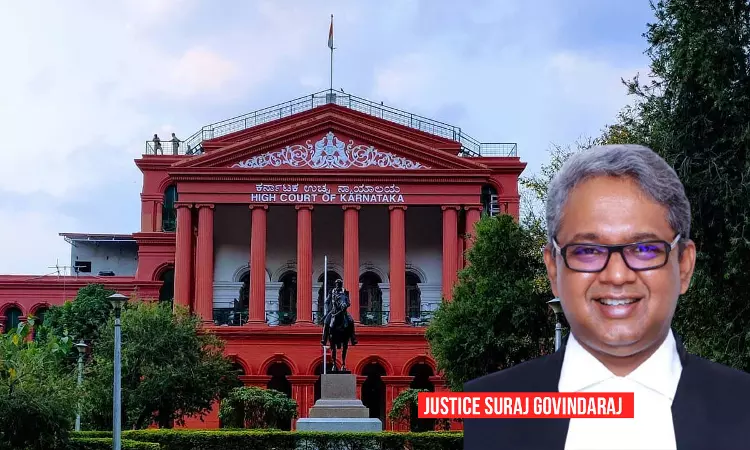The Karnataka High Court has made it clear that it is only the husband or wife who marries for the second time during the subsistence of an earlier marriage and the life time of the earlier spouse, who can be prosecuted under Section 494 of the Indian Penal Code.A single judge bench of Justice Suraj Govindaraj added that the second spouse or their parents can't be prosecuted under...

